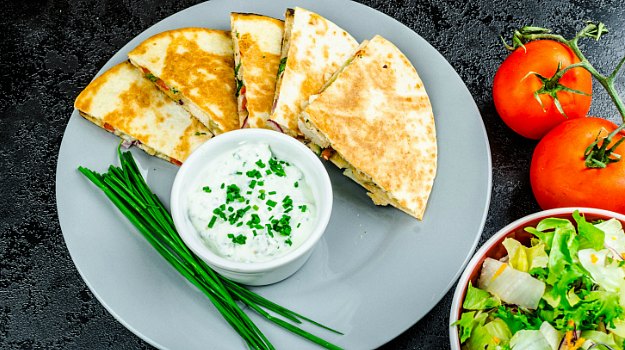The importance of eating vegetables and cereal as a part of our daily diet cannot be emphasised enough. Research suggests time and again that a balanced diet must include at least some portion of vegetables and cereal in our diet. A new study has been published in the International Journal Of Public Health. The study finds a link between vegetables and cereals and the occurrence of memory loss along with heart disease or diabetes. It claims that these food groups may lower the risk of memory loss.
Researchers from the University of Technology, Sydney, conducted the study into the correlation of memory loss with consumption of vegetables and cereal. According to the study, a high consumption of these food groups is associated with lower odds of memory loss. Further, high-protein foods enhance memory and aid the battle against memory loss, which is one of the symptoms of early onset of dementia.
"Our present study implies that the healthy eating suggestions of cereals consumption in the prevention of memory loss and co morbid heart disease for older people may differ compared to other age groups," said Luna Xu.
 Vegetables and cereal slows down cognitive decline.
Vegetables and cereal slows down cognitive decline. This research is especially significant for people of older generations, specifically those older than 80 years. The study suggests that these octogenarians are at the highest risk of memory loss and heart disease, lest they don't consume enough cereals in their diet. The study thus points to the need for age-specific dietary guidelines.
"The dietary intervention in chronic disease prevention and management, by taking into consideration the fact that older populations often simultaneously deal with multiple chronic conditions, is a real challenge. To achieve the best outcome for our ageing population, strong scientific evidence that supports effective dietary intervention in preventing and managing co-occurring chronic conditions, is essential," she added Luna Xu.
So if you're wondering how to battle the odds against memory loss with old age, the answer may lie in simply eating loads of healthy vegetables and generous amounts of cereal.
(This content including advice provides generic information only. It is in no way a substitute for qualified medical opinion. Always consult a specialist or your own doctor for more information. NDTV does not claim responsibility for this information.)










